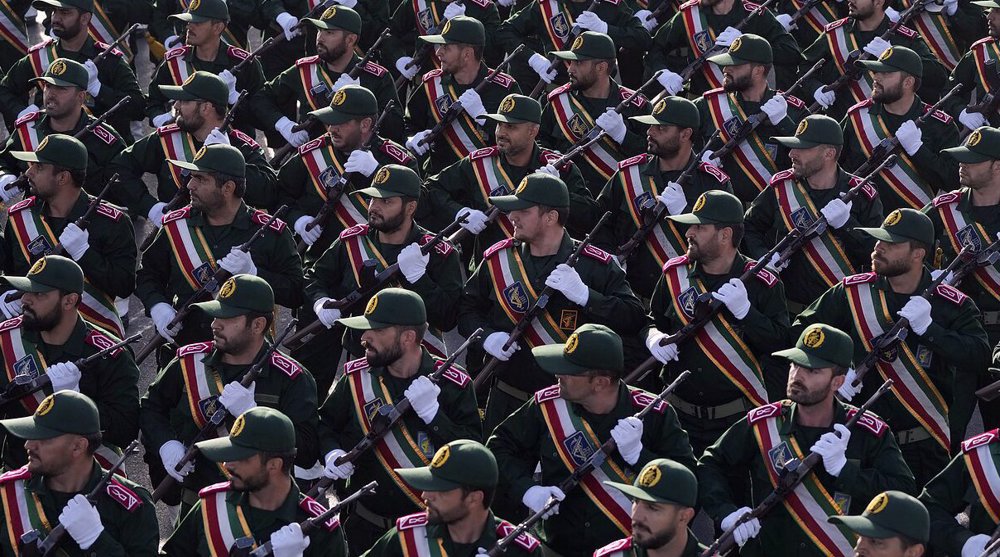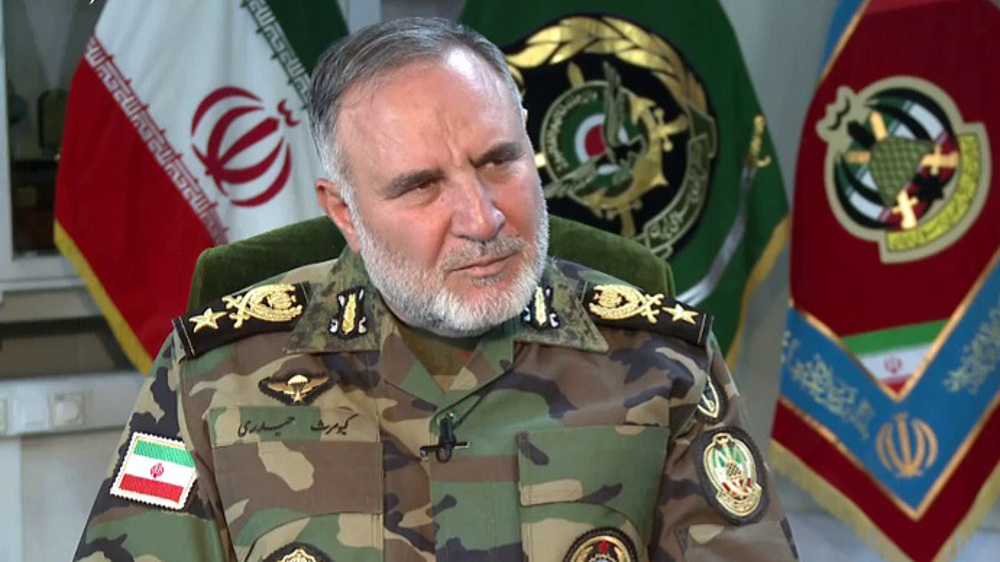Iran missile tests not in breach of JCPOA, UN resolution: Zarif
Iranian Foreign Minister Mohammad Javad Zarif has once again reiterated that Tehran's ballistic missile tests do not violate the nuclear agreement it reached with the P5+1 group of countries and are not in breach of a United Nations Security Council resolution.
In a post on his Twitter account on Tuesday, Zarif dismissed the latest allegations against Iran’s ballistic missiles, which he said, are not designed to carry nuclear warheads.
“Neither JCPOA nor SC Res prohibits Iran from missiles not designed for nuke warheads,” Zarif wrote.
Zarif was referring to the Joint Comprehensive Plan of Action (JCPOA) signed between Tehran and the P5+1 group – Russia, China, France, Britain, the US and Germany – last year and a Security Council Resolution, which endorsed the JCPOA.
Resolution 2231 adopted on July 20, 2015 provides for the termination of the provisions of previous Security Council resolutions on the Iranian nuclear program and establishes specific restrictions that apply to all states without exception.
The resolution calls upon Iran not to undertake any activity related to ballistic missiles designed to be capable of delivering nuclear weapons, including launches using such ballistic missile technology.
The United States claims the tests violate the United Nations resolution and is pushing for UN Security Council action on Iran's recent ballistic missile tests.

The Iranian foreign minister further noted that the Islamic Republic's missiles serve defensive and deterrent purposes, saying “we will not use force except in defense.”
“If we had missiles during Saddam’s war on us, they may have discouraged or at least reduced his indiscriminate attacks on our civilians,” the top Iranian diplomat said in his tweet.
Zarif was referring to the 1980-88 war imposed on Iran by former Iraqi dictator Saddam Hussein.
“Iran hasn't attacked any country in 250 years. But when Saddam rained missiles on us and gassed our people for 8 yrs, no one helped us,” he said.
The Islamic Revolution Guards Corps (IRGC) successfully test-fired two more ballistic missiles on March 9 as part of military drills to assess the IRGC's capabilities. The missiles dubbed Qadr-H and Qadr-F were fired during large-scale drills, code-named Eqtedar-e-Velayat.
On March 8, Iran fired another ballistic missile called Qiam from silo-based launchers in different locations across the country.
After Iran and the P5+1 group started to implement the JCPOA on January 16, all nuclear-related sanctions imposed on Iran by the European Union, the Security Council and the US were lifted. Iran, in return, has put some limitations on its nuclear activities.

‘Deterrent and defensive’: Armed Forces say IRGC vanquishes any enemy at any level

Iranian Armed Forces achieve ‘most sophisticated’ defense technology: Military official

Iran Army possesses ‘ultra-secret, AI-powered’ weapons; enemy has no chance to survive: Cmdr.
At least 65 Palestinians killed inside Israeli prisons
VIDEO | US deadly aggression vs Yemen
Iran denies US investors will be present in its trade fair
Israeli forces kill three Palestinians in intensified West Bank raids
VIDEO | Press TV's news headlines
Nearly 600 children killed in renewed Israeli assault on Gaza: UN agency
Moroccan port workers protest Maersk ship carrying F-35 parts to Israel
Iran will ‘chart its own path’ if US refuses to negotiate on ‘equal footing’: President












 This makes it easy to access the Press TV website
This makes it easy to access the Press TV website